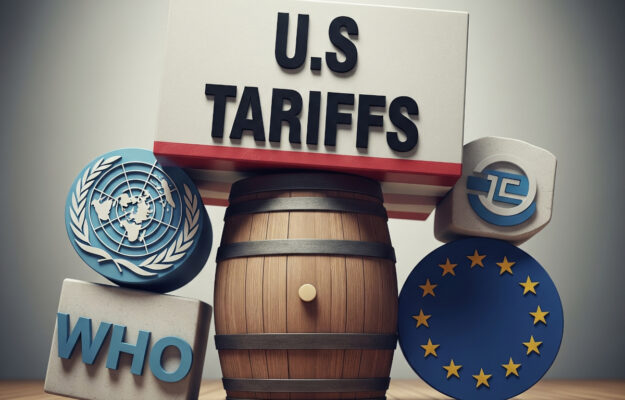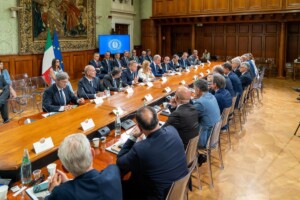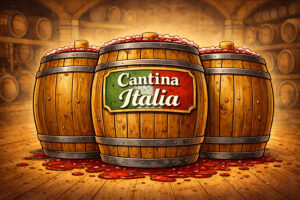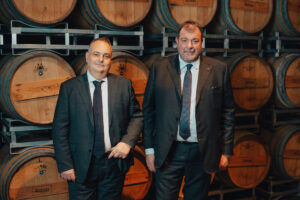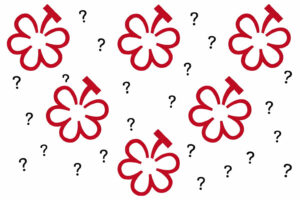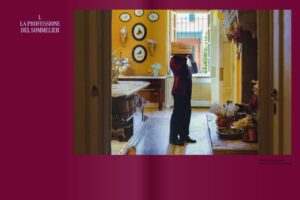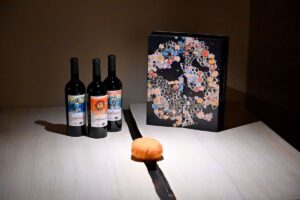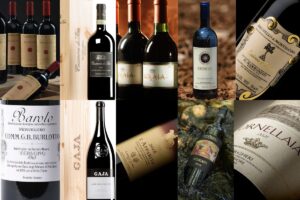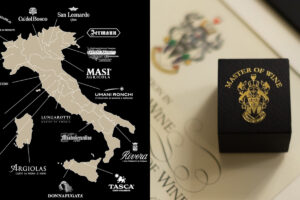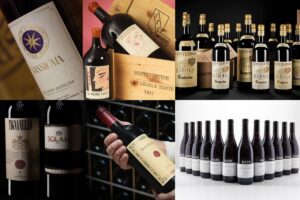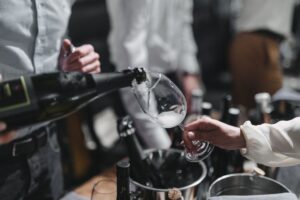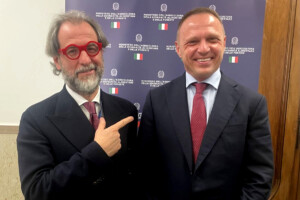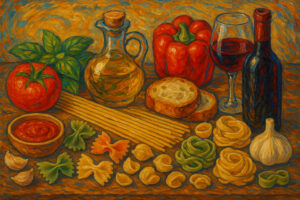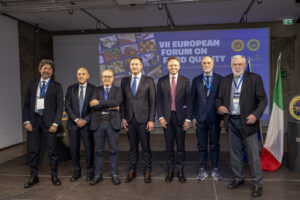The messages “from Europe”, connected via internet with the Federvini Assembly held recently in Rome, came from Nicola Verola, Director General for Europe and International Trade Policy of the Ministry of Foreign Affairs and International Cooperation, Giacomo Vigna, Director of the Ministry of Made in Italy Businesses, and Dario Nardella, Coordinator of the Socialists and Democrats Group of the Agriculture Commission of the European Parliament. Their messages reflected first of all the wine world’s definite concern about the market slowdown. It is, however, an economic cycle that sooner or later will end, and the market will start growing again, according to many experts. The sector is deeply worried, though, since over the last 20 years it has been used to growing. At the moment, all things considered, tariffs are a manageable problem. The hope is that, on July 9th, when Trump communicates his decisions, the universal tariff, currently at 10%, will not increase. In the meantime, while negotiations with the European Union are ongoing, two even more dangerous threats are looming on the international scenario. One is the presentation of the next EU budget, expected in July, which could upset the budgets as well as the spending chapters, including CAP (which now absorbs a third of the Community budget). The other is the United Nations Conference on the fight against non-communicable diseases, cardiovascular and cancer, first and foremost. The WHO is pushing hard to discourage, penalize and hinder consumption of all alcohol, including wine, beyond more or less virtuous approaches.
Regarding the USA tariffs, “negotiations are going forward”, Nicola Verola, Director General for Europe and International Trade Policy of the Ministry of Foreign Affairs and International Cooperation, said from Brussels, and “we must come to an agreement by July 9th. Italy has always promoted a negotiated solution to this dispute. We must be prudently optimistic, though, as there are precedents, such as the one between the USA and the UK, in which the parties have reached an agreement. The dialogue is going forward between the EU and the USA, although there are many sectors and many issues at stake. We will see how it goes”. The sentiment, as the Minister of Economy, Giancarlo Giorgetti, said at the Federvini Assembly, is that if the current 10% tariff on all goods leaving the European Union for the USA, remains as is, it would be a good compromise, to avoid a worse situation.
The entire alcoholic beverages world, including wine, but not only, is very worried about the path the world might take after the United Nations meeting on non-communicable diseases scheduled at the end of September 2025. The meeting will evaluate the progress the member states have made in achieving the global objectives to reduce mortality from cardiovascular diseases and cancer, first and foremost, and the main suspects are smoking, alcohol, a sedentary lifestyle and air pollution.
“This issue”, Giacomo Vigna, Director of the Ministry of Made in Italy Business, said bluntly, “ is a problem that makes tariffs seem pleasantly acceptable. The WHO is providing the UN a political declaration to demonize certain types of food and all alcoholic beverages, which is very dangerous for the sector. The WHO would like to have the responsibility to push States (as we have previously written) to increase taxes on all alcoholic products, not to promote them, but rather to limit their availability and accessibility. Italy’s position is clearly contrary, based on the fight against abuse and promoting moderate consumption, of wine in particular, as provided in the Mediterranean Diet. We have managed to dialogue with the European Union on the alcohol issue, but negotiations are complicated. We are trying international lobbying to get a significant number of Countries to support our position. We are discussing a complex package”, Vigna explained, “Europe has put a block on alcohol, but not on food, or rather, certain types of food. We are trying to get the notion across that moderate alcohol consumption within a balanced diet and a healthy lifestyle in general, is not only not harmful, but can be beneficial. It is an uphill battle, requiring a lot of energy”.
Then there is the EU and the upcoming presentation of the next budget for the CAP reform. The 2021-2027 program budget is 387 billion euros, 30% of the EU budget. “At the Agriculture Commission”, Nardella explained, “we are facing important challenges. On July 16th, Ursula Von Der Leyen, President of the EU Commission, will present a budget proposal that could be profoundly revolutionized, the pillars of the Cohesion Policies and Agricultural Policies might be very different. The danger is not only a cut in resources, but also returning to an intergovernmental model, where the Commission negotiates the measures and resources to be adopted with today's individual State. It would be a disaster”, Dario Nardella, Coordinator of the Socialists and Democrats Group of the Agriculture Committee of the European Parliament, said, “it would mean losing the European vision as well as losing competitiveness around the world. This type of CAP would mean having 27 different Agricultural Policies, so we must be very careful”.
Copyright © 2000/2025
Contatti: info@winenews.it
Seguici anche su Twitter: @WineNewsIt
Seguici anche su Facebook: @winenewsit
Questo articolo è tratto dall'archivio di WineNews - Tutti i diritti riservati - Copyright © 2000/2025










